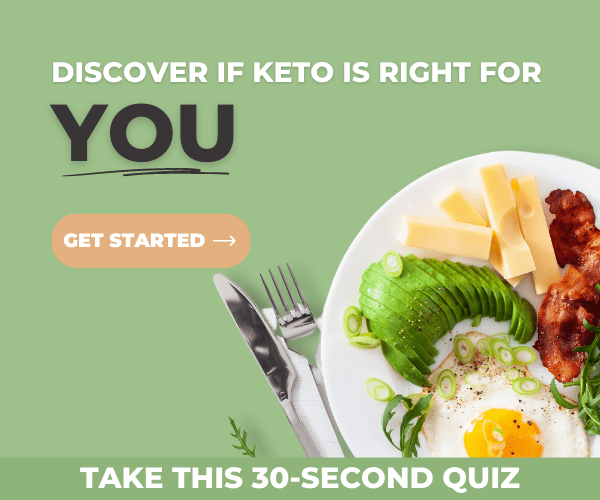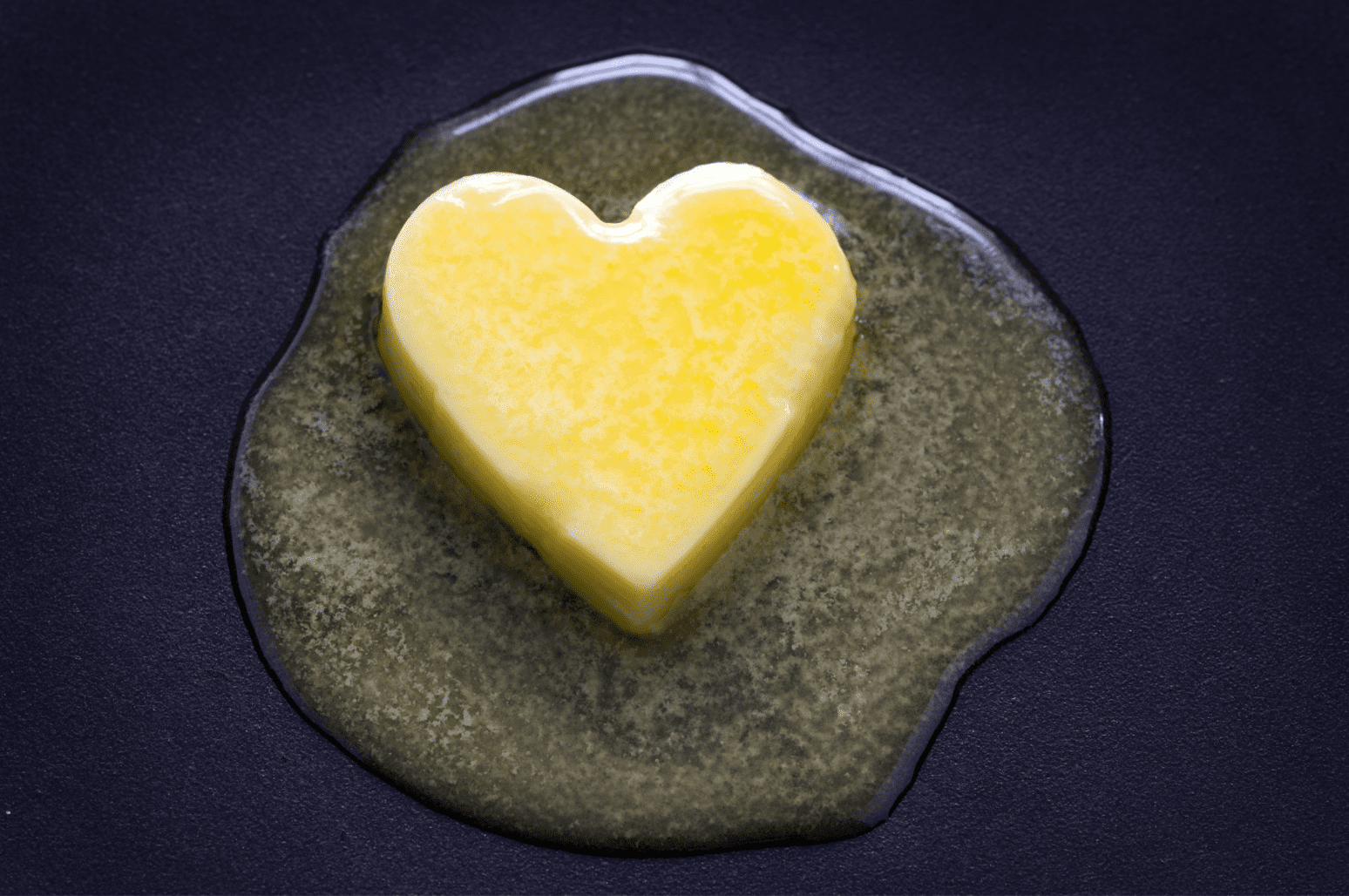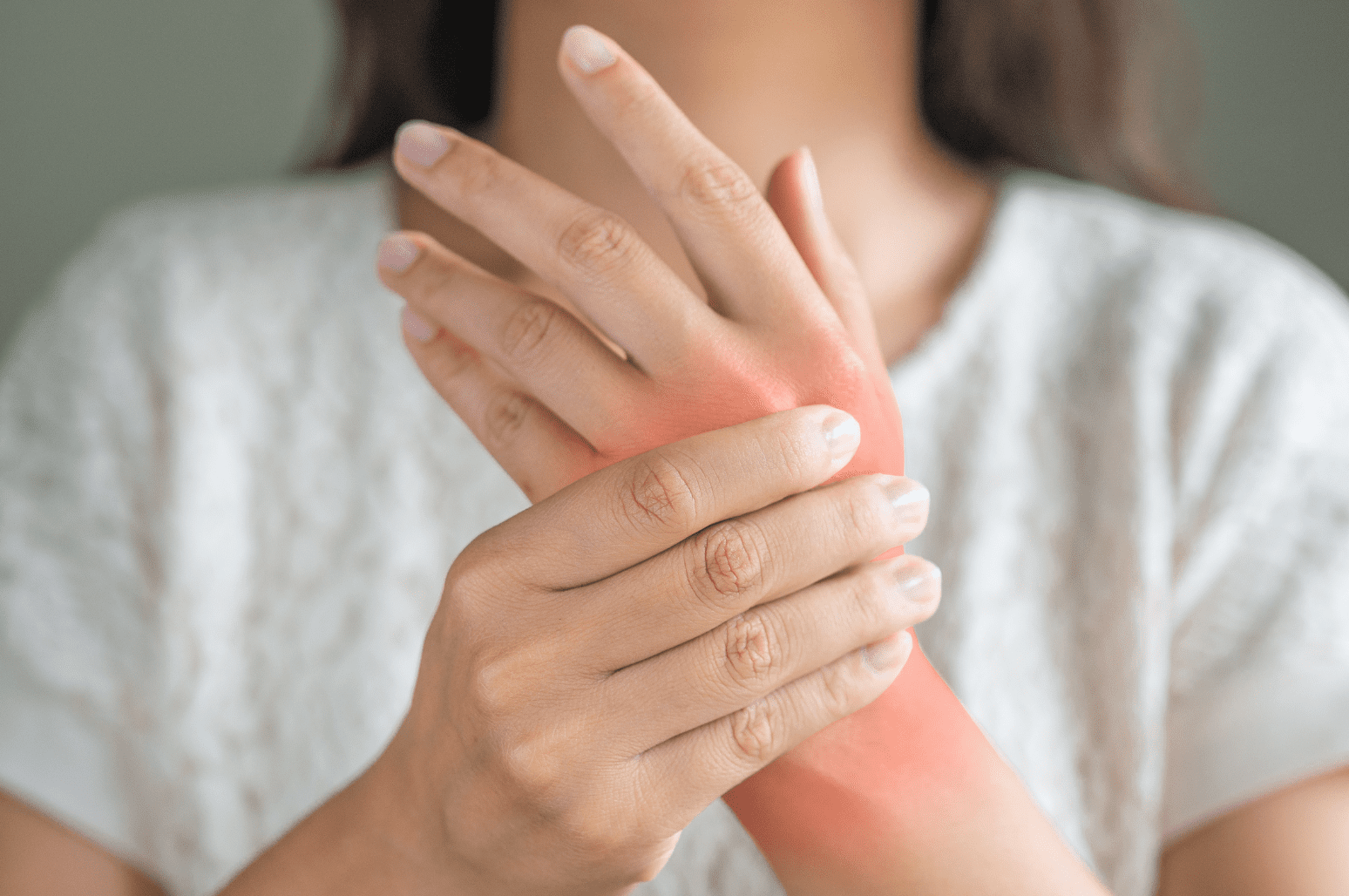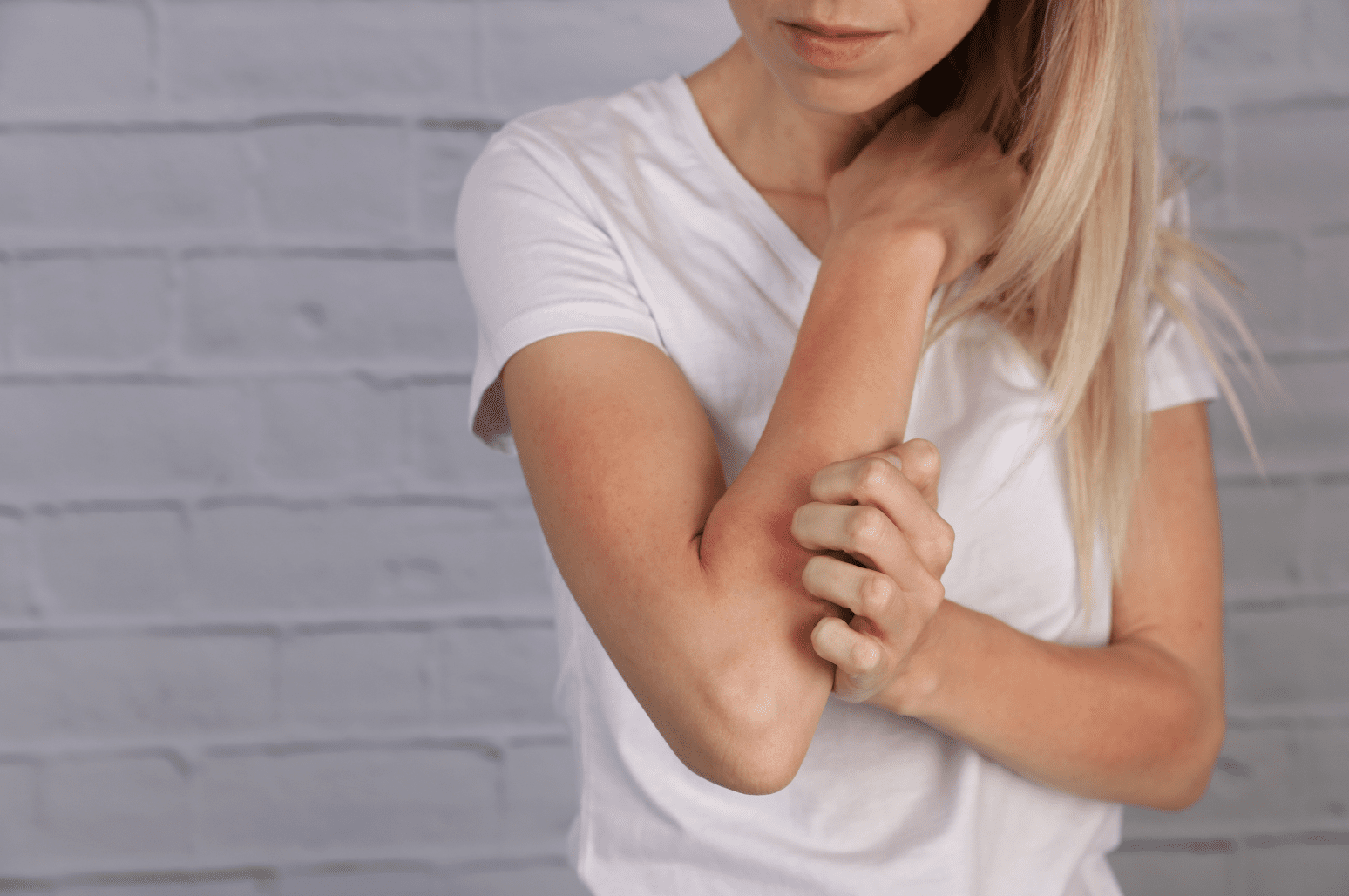
Zinc is a powerhouse nutrient protective against disease and involved in hundreds of enzymatic reactions in your body. From balancing hormones to promoting wound healing and muscle repair, there are lots of reasons why you should pay attention to the amount of zinc in your keto diet. [1] Let’s look at the top keto food sources of zinc to optimize your healthy eating!
What Is Zinc?
Zinc is a natural trace mineral you obtain from your diet. Zinc is necessary for healthy cell division and fighting free radical damage.
You have to eat enough zinc in your food to meet your nutritional requirements because your body doesn’t store this trace mineral. You risk running into a zinc deficiency without enough zinc in your diet, or if you have digestive issues and trouble absorbing zinc. [2] [3]
Young children, the elderly, and pregnant or breastfeeding women have an increased risk of zinc deficiency. Symptoms of zinc deficiency include:
- Loss of taste and smell
- Enlarged spleen
- Increased inflammation
- Dry skin
- Slow wound healing
- Chronic diarrhea
- Fertility issues
What Are the Benefits of Zinc?
Zinc is a powerful antioxidant in your body that’s protective against infection and disease. Zinc maintains your immune system and aids tissue repair. This important trace mineral boosts eye health, lowers inflammation, and supports hormonal balance, reproduction, and cardiovascular health. [4]

Best Keto Food Sources of Zinc
Here are some of the top keto food sources of zinc:
Meat
Meat is keto-friendly and provides an excellent source of zinc, especially red meat. You can find plenty of zinc in all different types of meat, from chicken to lamb, beef, and pork. For example, a 100-gram (3.5 ounce) serving of raw ground beef provides 4.8 mg of zinc—around 44% of your daily value (DV). [5]
Meat also provides nutrients like B vitamins, iron, and creatine. Try this easy ground beef dinner skillet recipe or this carnivore beef stroganoff!
Shellfish
Shellfish like oysters contain high amounts of zinc. Six medium oysters give you 32 mg of zinc or 291% of your DV. [6]
You can source lesser amounts of zinc from other shellfish like Alaskan crab, shrimp, and mussels. Try these delightful little keto crab cakes!
Seeds
Seeds like hemp, squash, pumpkin, and sesame are a tasty, keto-friendly way to boost your zinc intake. Three tablespoons (30 grams) of hemp seeds provide 31% and 43% of the recommended daily intake for men and women, respectively. [7] [8]
Crunchy, salty seeds add fiber, vitamins, minerals, and healthy fats to your keto diet, and they’re easy to add to a salad, yogurt, soup, or other dishes. Sit down to this sesame-crusted seared Ahi tuna recipe or a BLT zesty keto salad with sesame mustard dressing.
Nuts
Peanuts, almonds, pine nuts, and other nuts can also boost your zinc intake. Nuts contain vitamins and minerals as well as healthy fats and fiber. Nuts are a convenient crunchy keto snack (in moderation) and an easy way to add a flavorful savory crunch to your favorite salads and dishes.
Cashews are high in zinc, with a 1-ounce (28-gram) serving providing 15% of the DV. [9] If you’re missing cereal, you’ll probably love this keto cereal recipe featuring cashews!
Dairy
Unless you’re dairy-free, you can get zinc and other nutrients from dairy foods like cheese and milk. For example, 100 grams of cheddar cheese contains 28% of your DV, and one cup of full-fat milk contains around 9%. [10] [11]
Get cheesy with this keto spinach artichoke dip or this high-protein chicken and cheese sammy!
Eggs

Eggs were right, and then they were wrong, and now they’re right again. In the nutritional world, it’s hard to keep up with the ever-evolving debate around eggs. Right now, eggs have been exonerated and are back on the healthy keto table, bringing nutrients like choline, selenium, B vitamins, and zinc!
Eggs contain a moderate amount of zinc to help you meet your daily target. One large egg provides around 5% of the DV. [12]
When you’re looking for a tempting eggy keto recipe, try this kale, feta, and egg scramble or these mushroom and herb egg muffins!
Are You Getting Enough Zinc in Your Keto Diet?
Most people are not low on zinc, but this is such an important nutrient that it’s a good idea to eat plenty of whole foods that contain it. As an added bonus, most foods rich in zinc are rich in other important nutrients, too.
What are your favorite foods rich in zinc?
References
Prasad, A. S. (2013). Discovery of human zinc deficiency: Its impact on human health and disease. Advances in Nutrition, DOI: 10.3945/an.112.003210
Rink, L., & Gabriel, P. (2000). Zinc and the immune system. Proc Nutr Soc, 59(4), 541-52. DOI: 10.1017/s0029665100000781
Roohani, N., Hurrell, R., Kelishadi, R., & Schulin, R. (2013). Zinc and its importance for human health: An integrative review. J Res Med Sci, 18(2), 144-157.
Prasad, A. S., Beck, F. W. J., Bao, B., Fitzgerald, J. T., Snell, D. C., Steinberg, J. D., & Cardozo, L. J. (2007).Zinc supplementation decreases incidence of infections in the elderly: Effect of zinc on generation of cytokines and oxidative stress. American Journal of Clinical Nutrition, DOI: 10.1093/ajcn/85.3.837
Self Nutrition Data. Beef, Ground, 90% Lean Meat, Raw, (Hamburger). Beef, ground, 90% lean meat / 10% fat, raw [hamburger] Nutrition Facts & Calories (self.com)
Self Nutrition Data. Crustaceans, Crab, Alaska King, Cooked, Moist Heat. Crustaceans, crab, alaska king, cooked, moist heat. Nutrition Facts & Calories (self.com)
Self Nutrition Data. Seeds, Pumpkin and squash seeds, whole, roasted, without salt. Seeds, pumpkin and squash seeds, whole, roasted, without salt. Nutrition Facts & Calories (self.com)
Self Nutrition Data. Seeds, Sesame Seeds, Whole, Roasted and Toasted. Seeds, sesame seeds, whole, roasted and toasted Nutrition Facts & Calories (self.com)
Self Nutrition Data. Nuts, Cashew Nuts, Raw. Nuts, cashew nuts, raw Nutrition Facts & Calories (self.com)
Self Nutrition Data. Cheese, Cheddar. Cheese, cheddar Nutrition Facts & Calories (self.com)
Self Nutrition Data. Milk, Whole, 3.25% MilkFat. Milk, whole, 3.25% milkfat Nutrition Facts & Calories (self.com)
Self Nutrition Data. Egg, Whole, Cooked, Hard-Boiled. Egg, whole, cooked, hard-boiled Nutrition Facts & Calories (self.com)









